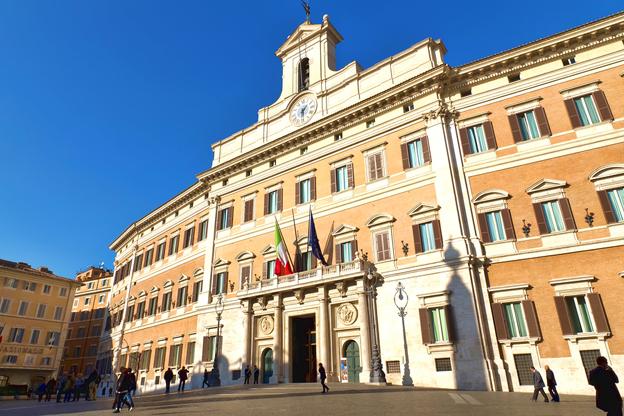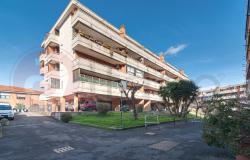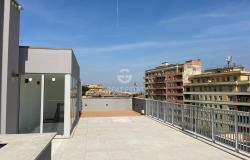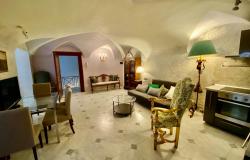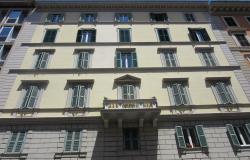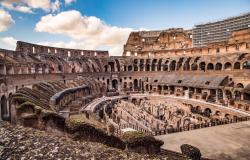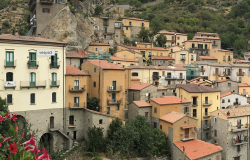Members of the Italian Parliament and representatives of the country's 20 regions have been meeting this week at Palazzo Montecitorio in Rome, seat of the Chamber of Deputies, to elect the new President of the Italian Republic. The current president Sergio Mattarella ends his term on February 3.
Italian politics are notoriously confusing for a foreign audience (and increasingly for the Italian people as well), so here's a five-step guide to understanding how the election process works and the role of Italy's president.
1. Qualifications for office: any citizen who is fifty or older on election day and enjoys civil and political rights can be elected President. Citizens who hold any other office are barred from becoming President, unless they resign their previous office once elected.
2. Election: the president is elected in a joint session by the 630 members of the House, the 320 members of the Senate plus 58 regional delegates (each region appoints three delegates, except for Valle d'Aosta, which has one). The 1,008 so-called 'grand electors' gather in the House to vote. The House Speaker presides over the secret voting with the Senate Speaker at his or her side. As per tradition, Senators vote first, followed by deputies and then regional delegates. Each voter must step into one of the two booths located under the speaker's stage and write out in full the name of his or her chosen candidate. A two-thirds vote is required to elect on any of the first three rounds of balloting; after that, a majority suffices.
3. Presidential mandate: The President’s term lasts seven years; this prevents any President from being reelected by the same Houses, which have a five-year mandate.
4. Role: The president must impartially guarantee that Italian politics comply with the Constitution; he is meant to be above party lines and to represent national unity. He presides over the Superior Judicial Council (Consiglio Superiore della Magistratura), and is the head of the armed forces. He has no veto power over legislation, but must sign bills into law and can send them back to parliament if he deems them unconstitutional or lacking the necessary financial cover. He has no role in foreign policy, but ratifies international treaties upon authorization of Parliament. After the prime minister gets elected, the president gives him or her the mandate to govern. He also has the power to dissolve parliament, to appoint up to five new life Senators, and to grant pardons.
5. Residence: the President resides at the Quirinale Palace in Rome.
